Travel is supposed to be fun and relaxing, not about getting sick. Who wants to search for “where is Zika virus” as they plan their summer travels?
Nobody.
However, the reality is that you have to be aware. Last year travelers were worrying about being exposed to Ebola. In 2003 we were stressed about SARS. It seems that a new virus causes an international uproar every few years. So what’s a traveler to do? Educate, prepare and prevent.
Where is Zika virus being reported?
Let’s cut to the chase. If you’re traveling anywhere in the Caribbean and the Americas, you need to know the exact countries where the Zika virus is prevalent. You also need to know the symptoms to be aware of and most importantly, steps you can take for prevention.
According to the CDC, the following countries have reported cases of the Zika virus.
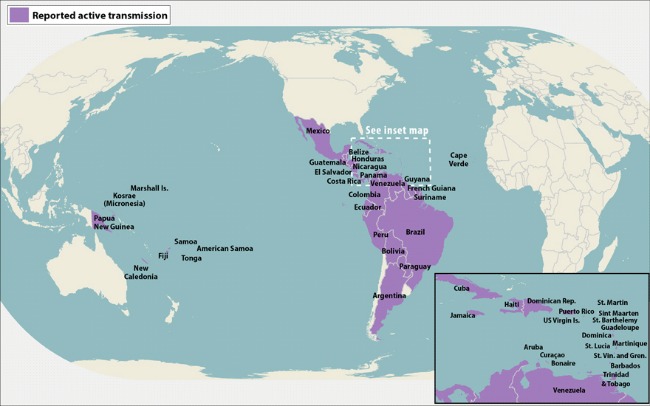
Americas
Argentina Aruba Barbados Belize Bolivia Bonaire Brazil Columbia
Puerto Rico Costa Rica Cuba Curucao Dominica Dominican Republic
Ecuador El Salvador French Guiana Grenada Guadeloupe Guatemala
Guyana Haiti Honduras Jamaica Martinique Mexico Nicaragua
Panama Paraguay Peru Saint Barthélemy Saint Lucia Saint Martin
Saint Vincent and The Grenadines Saint Maarten Suriname Trinidad & Tobago
U.S. Virgin Islands Venezuela
Oceania/Pacific Islands
American Samoa Fiji Kosrae Marshall Islands New Caledonia
Papua New Guinea Samoa Tonga
Africa
Cape Verde
Traveling to any of these countries in the near future? Then keep reading…
Listen to the audio below for traveler tips
Prevention is the second line of defense
When my sister and I traveled to Costa Rica last Fall, we weren’t aware of the Zika virus. However, we were well aware of how to protect ourselves from mosquito bites.
As I mention in the audio clip above, if you are traveling to a Zika identified country, be cautious and use conventional repellants that contain DEET unless you have an allergy to the chemical.
The CDC recommends using an Environmental Protection Agency (EPA) – registered repellant. You want to look for a product that contains any of the following ingredients in addition to DEET: picaridin, IR3535, oil of lemon eucalyptus or para-menthane-diol.
Except for the oil of lemon eucalyptus, each one of those active ingredients sounds harmful. As much as I love using natural oils, I didn’t take any chances on protecting myself trekking through the Costa Rican rain forest.
We put a natural oil concoction on our skin beneath our clothes as well as on sensitive skin like our face and neck. We placed the DEET product over our clothes and on areas like our ankles or wrists.
Here are alternatives to conventional mosquito repellant that have worked for me in the past:
- Avon Skin So Soft (this is old school but it works and doesn’t smell bad)
- Citronella essential oil
- Lemongrass essential oil
- Eucalyptus essential oil
- Peppermint oil
You can either do a blend of the above oils with other ingredients such as lavender and sandalwood or you can purchase a blend from an essential oil company.
Typical Zika virus symptoms
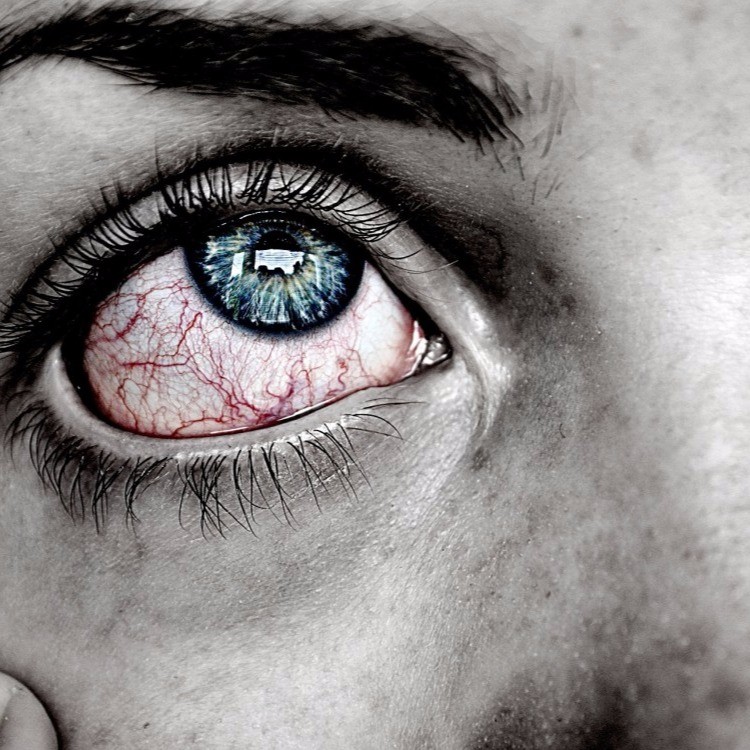
According to the Pan American Health Organization, a regional office for the Americas of the World Health Organization, symptoms of the virus include:
- mild fever
- rash
- conjunctivitis (pink eye)
- muscle pain
The PAHO reports that most people don’t develop symptoms from the disease. When they do, the symptoms are often mild and last between 2-7 days.
There is no vaccine for the virus. The only relief is time and anything that will help to relieve fever and pain.
The population which should exhibit the most caution is pregnant women. It is strongly advised that if you are pregnant, you should not travel to countries with a high prevalence of the virus.
What are some of the ways that you protect yourself from mosquito bites? Have a favorite product or natural remedy that you’d like to share? Please do so in the comments below so that we can all travel safely.
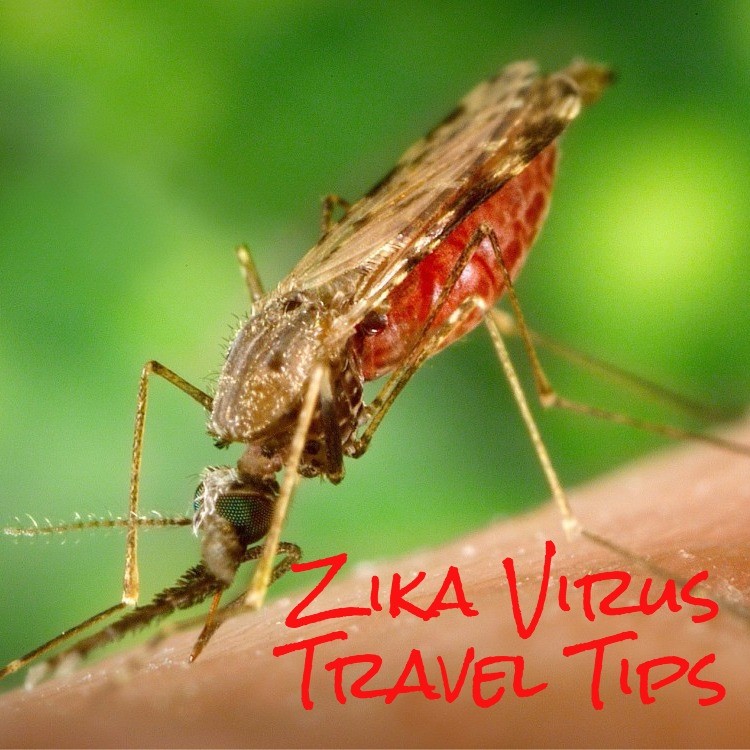
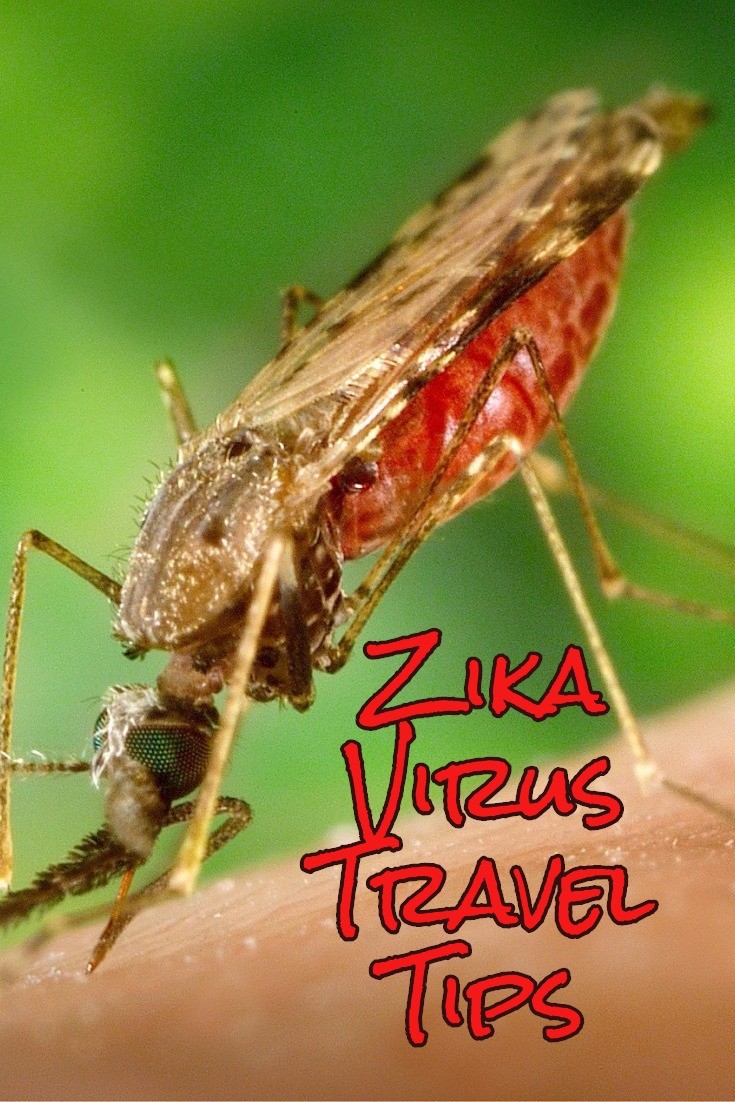
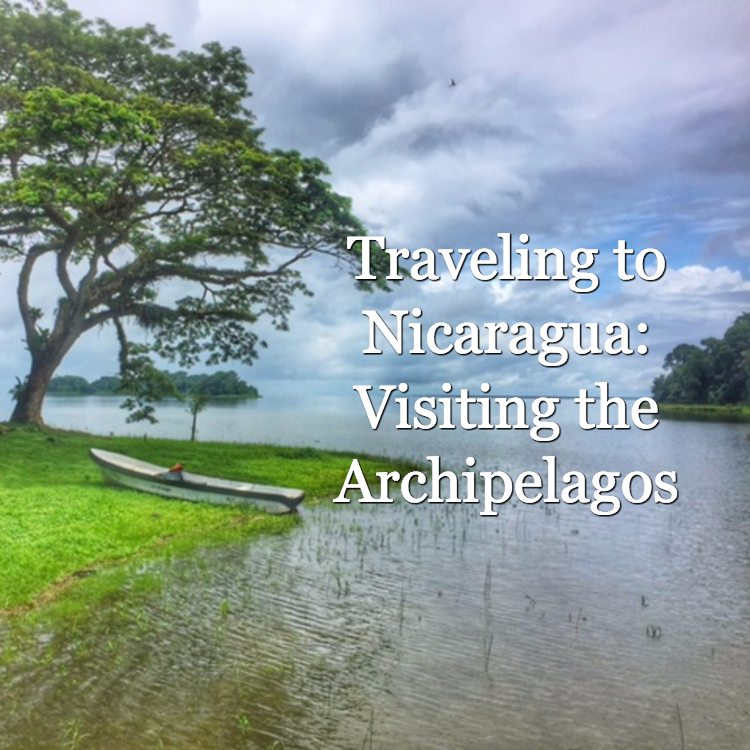

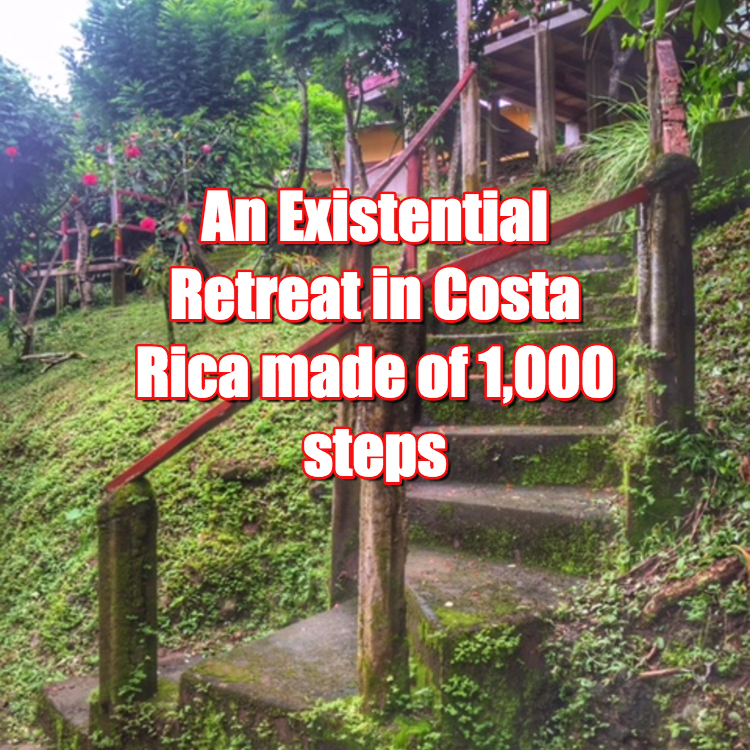
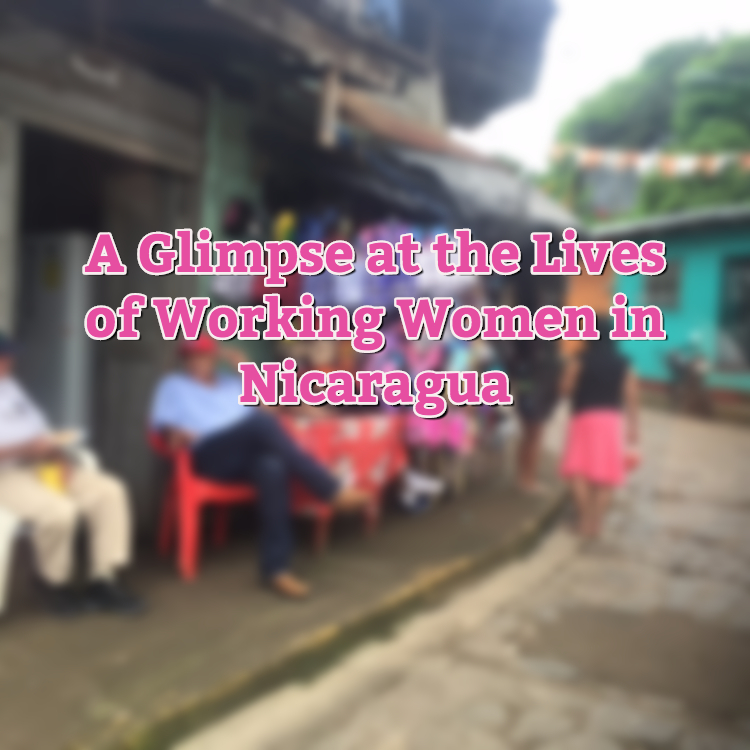
Leave a Reply